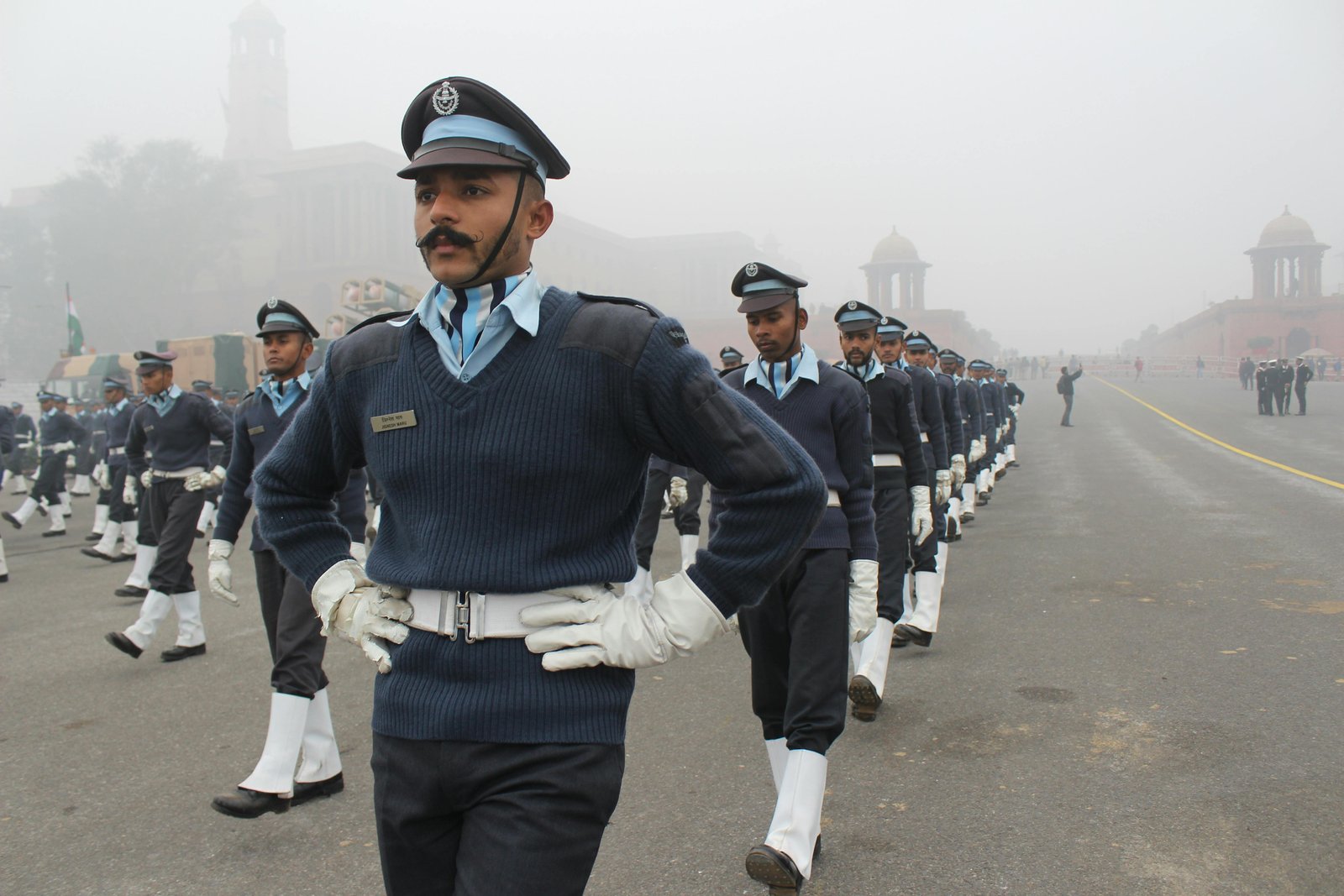
Report course
Share
Share course with your friends
https://ubotz.org/course/Indian-Coast-Guard-Navik-DB-Science

The Indian Coast Guard (ICG) Navik (Domestic Branch), or Navik (DB), recruitment offers a rewarding career path for candidates aspiring to serve the nation. A crucial component of the selection process for Navik (DB) is the Science section in the computer-based examination (Stage I). Unlike the Navik (General Duty) role, which requires a more advanced understanding of Physics and Mathematics, the Navik (DB) science syllabus is primarily based on Class 10th standards, making it accessible to a wider pool of applicants.
The Science portion for Navik (DB) covers fundamental concepts across various scientific disciplines. Key topics include the Nature of Matter, exploring the basic building blocks of our physical world, and an understanding of the Universe, encompassing Planets, Earth, Satellites, and the Sun. Electricity and its applications are a significant area, testing knowledge of electrical principles and their practical uses. Mechanics is also thoroughly examined with topics like Force and Gravitation, Newton's Laws of Motion, Work, Energy, and Power. Furthermore, candidates need to be well-versed in Heat and Temperature, the properties and classifications of Metals and Non-Metals, and the basics of Carbon and its Compounds. Essential scientific measurements, Sound & Wave Motion, and Atomic Structure complete the comprehensive science syllabus.
The Science section comprises 10 questions, each carrying 1 mark, within the overall Section I of the written examination, which also includes Mathematics, English, Reasoning, and General Knowledge. This section is allotted 45 minutes for a total of 60 questions. To excel in the Science portion, aspirants should focus on understanding the core principles rather than rote memorization. Practicing previous year's question papers is highly recommended to familiarize oneself with the question format and difficulty level. A strong grasp of these scientific fundamentals is vital not only for clearing the examination but also for the foundational knowledge required for a career in the Indian Coast Guard, where understanding various physical phenomena and equipment operation is paramount for daily duties.

Share course with your friends